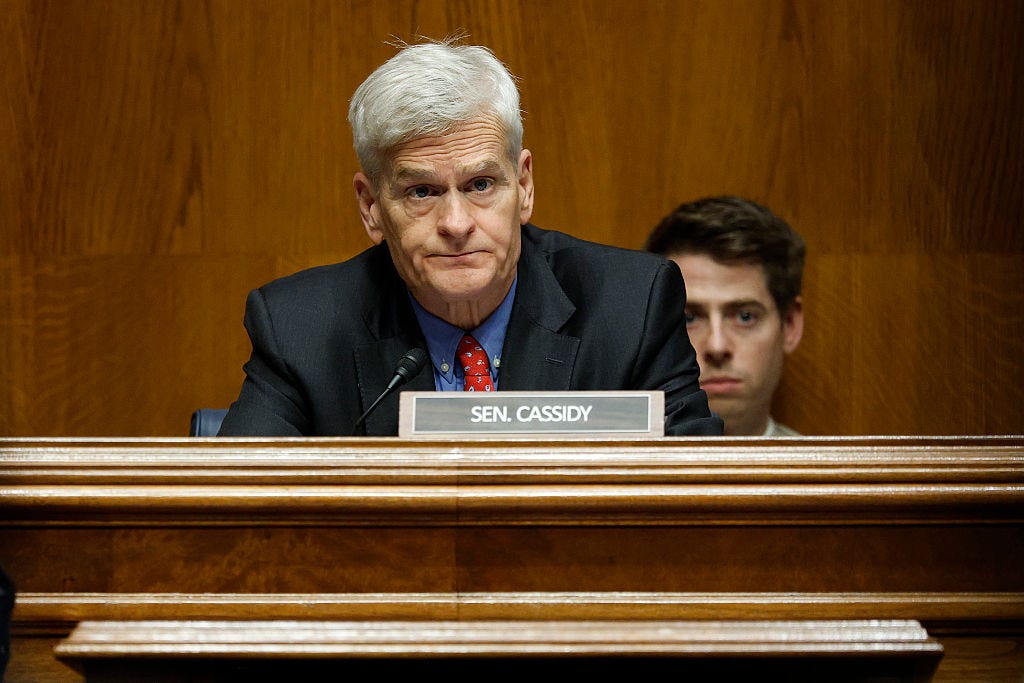Donald Trump’s death panels
Canceling comedians is one thing. Silencing scientists is even more dangerous
Way back in June, recently ousted CDC Director Susan Monarez faced a very critical Senate panel in her confirmation hearing. Would she be able to stand up for science in the face of Health and Human Services Secretary Robert F. Kennedy Jr.’s demands to the contrary?
Now we know the answer, as Monarez got her chance this week to respond to the charges Ken…




